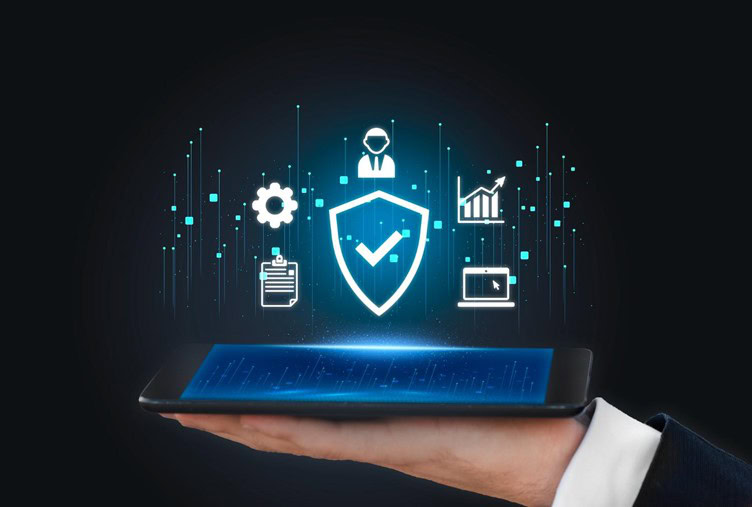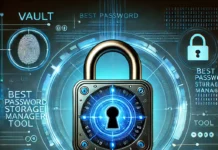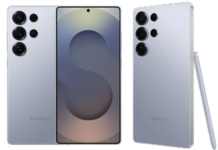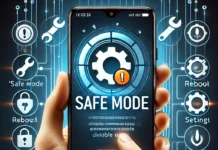
Choosing a VPN service is such an important decision that warrants careful consideration. Not all VPNs are created equal. Some might promise the moon but deliver a cheese wheel instead, making your online life less secure. While it may be tempting to opt for the first VPN that catches your eye, taking the time to compare various options can provide you with better security standards.
While the process of comparing VPNs may require some effort, it’s an investment that pays off in terms of security, performance, and overall value. If you were to compare NordVPN vs Surfshark for example, you’ll notice that both VPN solutions offer top-tier services but have very different features, pricing models, and server networks in different countries. These considerations really matter when comparing VPNs: security and privacy aren’t just features, they are a necessity to ensure your online safety. Before you hit that “subscribe” button, consider the following features.
Performance and Speed
When comparing VPNs, performance, and speed are crucial factors that can make or break your online experience. Think of it like test-driving a car, you want something that’s not just safe, but also zippy and reliable. Speed is essential online and a good VPN minimizes slowdowns, ensuring smooth streaming, lag-free gaming, and quick browsing. Nobody wants to wait for pages to load or videos to buffer, right?
Performance goes beyond raw speed. It’s about consistency and reliability too. A high-performing VPN maintains stable connections, crucial for everything from video calls to file downloads. The size and distribution of the server network play a big role here, more servers often mean better performance.
Why does this matter? Because you shouldn’t have to choose between security and a great online experience. The top VPN services prove you can have both. They offer the perfect blend of protection and performance, allowing you to browse, stream, and work with peace of mind, without constant reminders that you’re using a VPN. When comparing VPNs, perform and speed their due attention. After all, what good is a secure connection if it’s frustratingly slow?
Features and Functionality
The features and functionality of a good VPN are the most important considerations after security. Think of a VPN as a Swiss Army knife, the more tools it has, the more versatile it becomes. Look for multi-device support.
If you’re likely juggling multiple gadgets, like your smartphone, tablet, or gaming console, a VPN that covers all your devices with a single subscription is convenience gold. Nick Saraev states that installing the best mobile VPN on your smartphone is worthwhile since we constantly use our phones for various purposes, such as communicating with friends, reading news, streaming shows, or making purchases. All these activities, to a different extent, require user data, which, if not properly protected, could land in the wrong hands, potentially causing you reputational or monetary damage.
Split tunneling is another feature must-have. It’s like having a traffic controller for your internet, deciding what goes through the VPN and what doesn’t. This can be a game-changer for balancing security and speed.
Don’t overlook specialized servers. Whether it’s for streaming, gaming, or extra security, these purpose-built servers can elevate your online experience. Now all this means nothing if your VPN interface is hard to navigate. Good VPN services will provide a user-friendly interface. A VPN packed with features is great, but if it’s as complex as rocket science to use, what’s the point?
Consider additional features like ad-blockers or malware protection. These extras can turn your VPN from a simple privacy tool into a comprehensive digital shield. The best VPN for you is one that aligns with your specific needs. So when comparing, think about which features will truly improve and protect your online activities.
Security and Privacy
When comparing VPNs, security and privacy are definitely priorities. They’re the backbone of what makes a VPN worth its salt. On the security front, look for VPNs offering AES-256 encryption. It’s like Fort Knox for your data, virtually uncrackable. Also, pay attention to VPN protocols like OpenVPN and WireGuard. They’re the architects of your secure connection, balancing protection and speed.
Privacy is where things get interesting. A solid no-logs policy is crucial, it’s the digital equivalent of “what happens in Vegas, stays in Vegas.” Look for VPNs that have had their policies independently audited. Don’t overlook the VPN’s jurisdiction either. Some countries have laws that could force VPNs to hand over your data.
Why does all this matter? In our hyper-connected world, your digital footprint is like a second shadow. A VPN with robust security and privacy features helps keep that shadow to yourself. Whether you’re working remotely, streaming, or just browsing, a secure and private VPN acts like a personal bodyguard for your online life. Remember, when comparing VPNs, these aren’t just features – they’re your digital peace of mind.
P2P and Torrenting Support
When it comes to VPNs, peer-to-peer (P2P) and torrenting support is a big deal for many users. VPN services offer dedicated P2P servers that are optimized for file sharing. These are like fast lanes for your downloads, ensuring top speeds. Now, speed is crucial for torrenting, and a good VPN maintains it even during heavy file sharing.
A VPN with solid P2P support keeps your activities private, masking your real IP in the torrent swarm. Look for providers with strict no-log policies and segregate this type of traffic. It’s important to remember that not all VPN service providers support torrenting and P2P. Depending on the jurisdiction, P2P and torrenting are restricted due to copyright enforcement. Reputable VPN providers will be upfront about their P2P policies in their terms of service or FAQ sections, so read them to ensure it is legal in your jurisdiction.
Streaming and Geo-unblocking
Streaming and geo-blocking are game changers when comparing VPNs. Think of it as having a digital passport that lets you access content from around the world. VPNs with geo-unblocking features allow you to access streaming libraries from different countries. The best VPN services will maintain high speeds and stable connections to ensure you are not sacrificing quality for variety.
But it’s not just about entertainment. Geo-unblocking helps with accessing region-specific services, finding better shopping deals online, and staying connected to home country content if you are an expat. Additionally, the best VPN solution will continuously update their IP addresses and use obfuscation techniques to fly under the radar of streaming services’ VPN detection systems. This feature is more than just having additional entertainment features, it’s about having the freedom to access the services and content you want, regardless of where you are.
Company Reputation and Transparency
Choosing the right VPN service provider is like picking a bodyguard for your online life. You want someone trustworthy, right? That’s where reputation and transparency come in. A VPN with a solid track record and open policies gives you the confidence that they’re not just all talking, they are walking the walk when it comes to protecting your privacy.
Take the time to read reviews from reputable tech sites and cybersecurity experts. They usually put VPNs through their paces, testing everything from speed to security features. User reviews can be gold mines too. They give you real-world insights into how a VPN performs daily, issues they may experience, and what the customer support services are truly like. Use the reviews as a starting point to help you narrow down your options.
Conclusion
While the features and security are the most crucial when comparing VPNs, they are not the only factors in the equation. At the end of the day, the best VPN solution for you will depend on your specific needs.
It’s all about striking that perfect balance between what you need, what you want, and what fits your unique digital lifestyle.

















